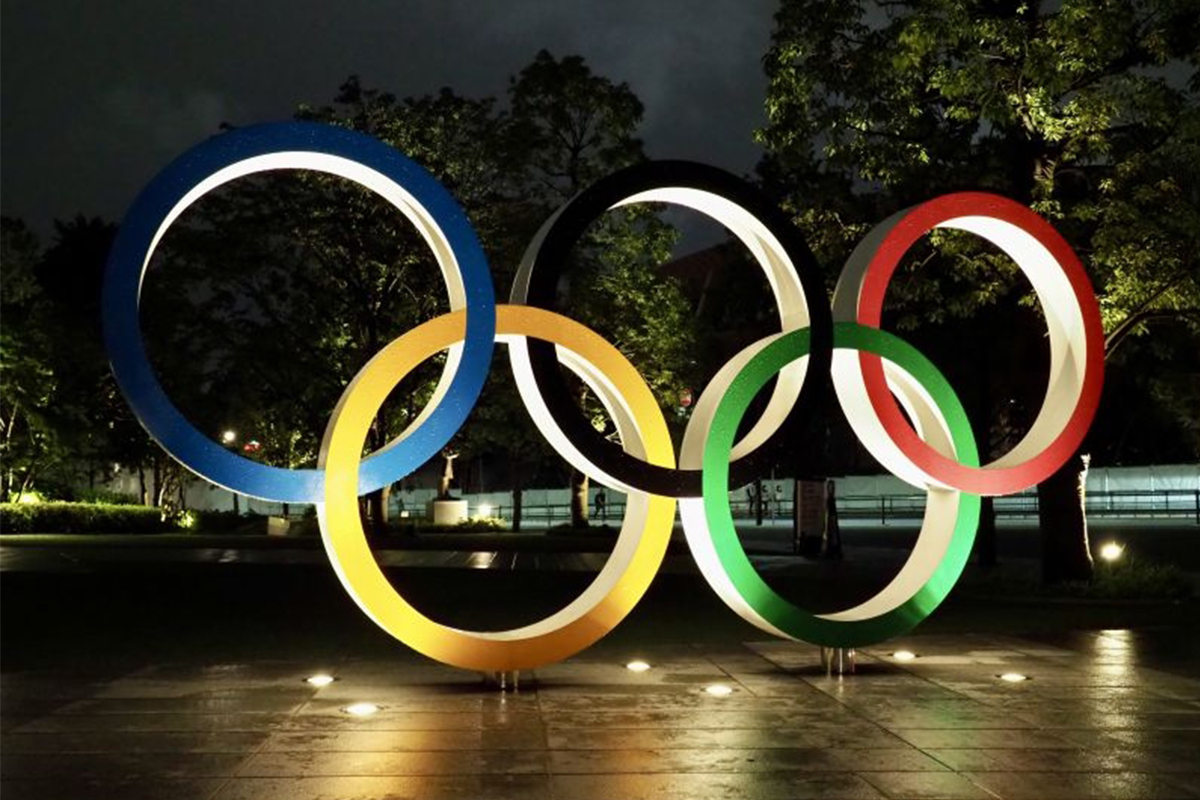Trump announces US withdrawal from World Health Organisation
Trump has long been critical of the WHO, and his administration formally withdrew from the organisation in July 2020 as the Covid-19 pandemic continued to spread.
Tokyo and three other prefectures have been under a third state of emergency since Sunday due to another resurgence of infections.

Photo: IANS
The International Olympic Committee (IOC) and Japanese organisers agreed on Wednesday to test Olympic athletes for the coronavirus on a daily basis, as they have updated the playbooks during a five-party meeting.
“In principle, athletes and all those in close proximity with athletes will be tested daily,” read a statement issued after the meeting among the IOC, Tokyo organisers, Tokyo’s city government, the Japanese government and the International Paralympic Committee, DPA reported.
Advertisement
The decision comes less than 90 days before the start of the postponed Tokyo Olympics on July 23.
Advertisement
According to the updated version of the playbook, which was first published in February, no Games participants are allowed to use public transport or eat out.
All participants are required to take two Covid-19 tests before their flight to Japan, according to the playbook.
The playbook also said all participants “must minimise contact within one metre” of others who have already been in Japan for more than 14 days, and Japanese residents.
The five parties also agreed to make a decision in June on how many spectators will be allowed to enter venues amid the rapid spread of new variants of the coronavirus.
The Tokyo Olympic organising committee first planned to draw up a basic policy on capacity by the end of April.
Overseas spectators are banned from attending the Olympics due to the Covid-19 pandemic, the organisers decided in March.
Tokyo and three other prefectures have been under a third state of emergency since Sunday due to another resurgence of infections.
Prime Minister Yoshihide Suga urged bars and restaurants in the four prefectures to refrain from serving alcohol and offering a karaoke service under the measure that is expected to last until May 11.
Osaka confirmed a record 1,260 new cases on Wednesday and Tokyo reported 925 infections, hitting a three-month high.
In the western prefectures of Osaka, Kyoto and Hyogo, new variants account for more than 80 per cent of their infections, the proportion Tokyo is also expected to reach by early May, according to experts.
According to a survey conducted by Kyodo News earlier this month, only 24 per cent of those polled in Japan supported the Olympics and Paralympics going ahead this year while 72 per cent want the Games cancelled or rescheduled due to the pandemic.
Japan’s vaccine roll-out has been extremely slow since its launch in mid-February. Only 0.8 per cent of the population has been fully vaccinated as of Tuesday, according to the prime minister’s office.
Advertisement